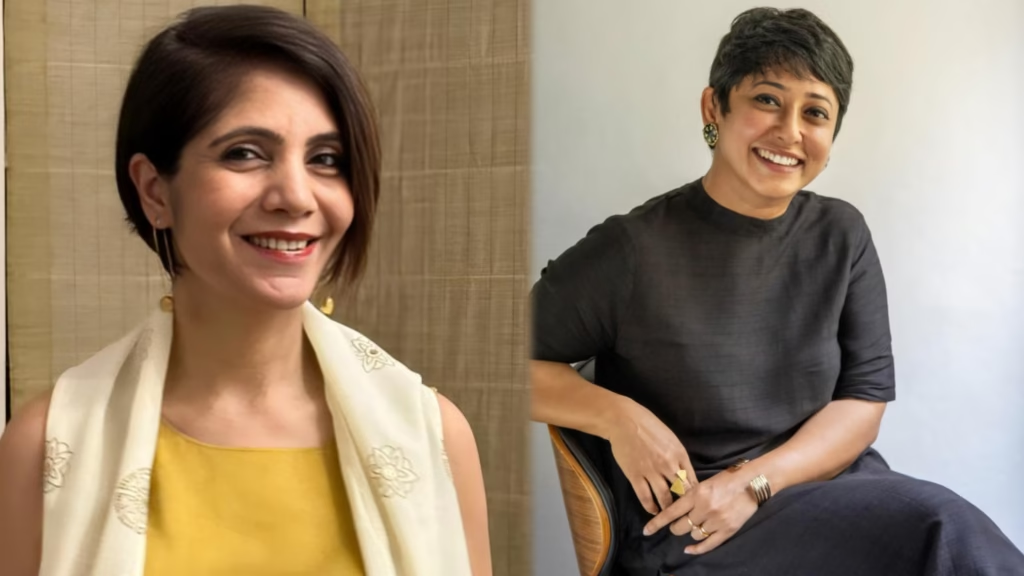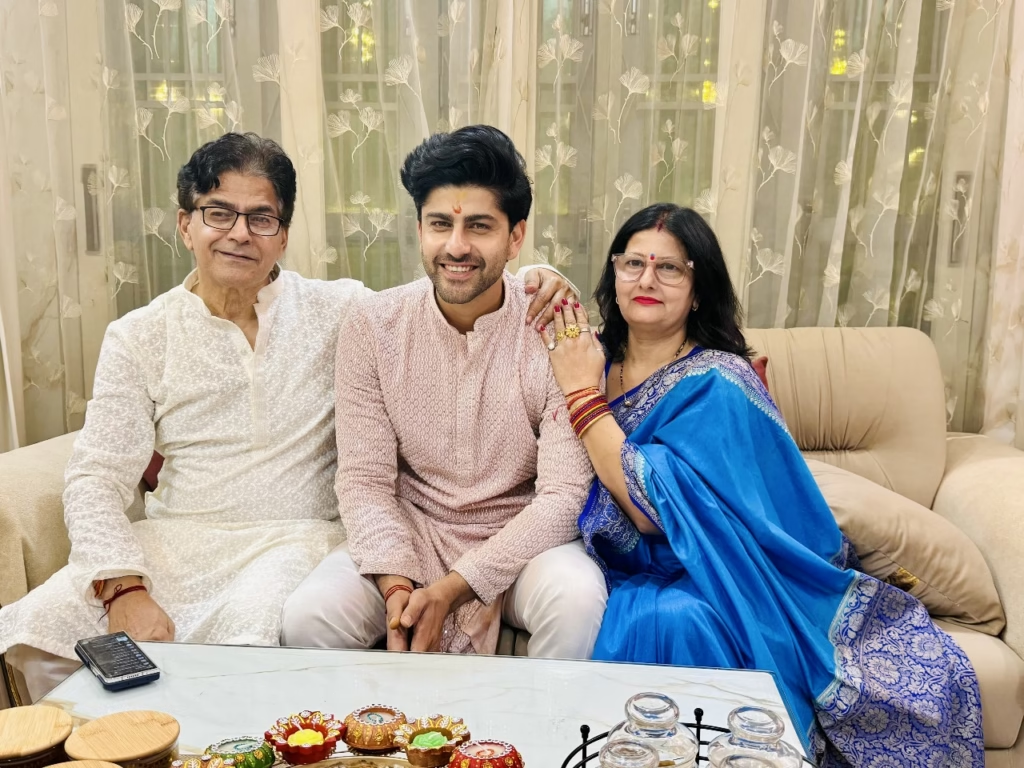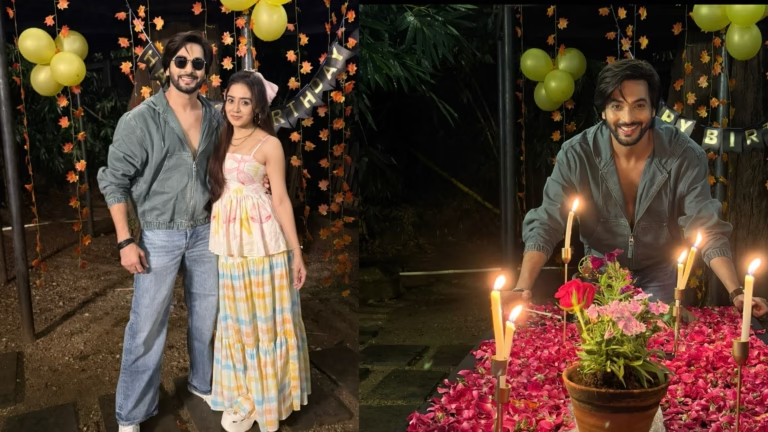

In October 2024, Dharma Productions anxiously prepared for the release of Jigra, a thriller starring Alia Bhatt. Despite being one of Bollywood’s most iconic production houses, Dharma was struggling financially, with declining profits and unpaid staff. With whispers that Jigra might not be a commercial success, the company attempted to generate hype through social media.
Paid reviews, a long-standing industry practice, played a key role. While Dharma showcased glowing fan reactions online, many of these were from influencers and individuals linked to the film. However, days before Jigra‘s release, Karan Johar announced that Dharma would no longer hold pre-release screenings—a move widely seen as a refusal to pay for positive reviews.
According to industry insiders, 70-80% of Bollywood reviews are bought. PR firms offer rate cards for influencers, media houses, and analysts, allowing producers to purchase social media trends, high star ratings, and favorable articles. These deals can range from ₹5 million to ₹50 million ($57,000–$577,000). However, as more influencers emerge, some have resorted to coercion, threatening negative reviews if not paid—turning the system into outright extortion.
Dharma, already struggling financially, chose to break the cycle. As a result, Jigra faced negative reviews and trolling. Yet, the company still maintained deals with traditional media, showcasing pre-arranged high ratings on posters.
The growing backlash against paid reviews signals a turning point. While Bollywood has long relied on manufactured hype, the question remains: will audiences continue to trust a system built on illusion, or will they demand genuine, unbiased reviews?





